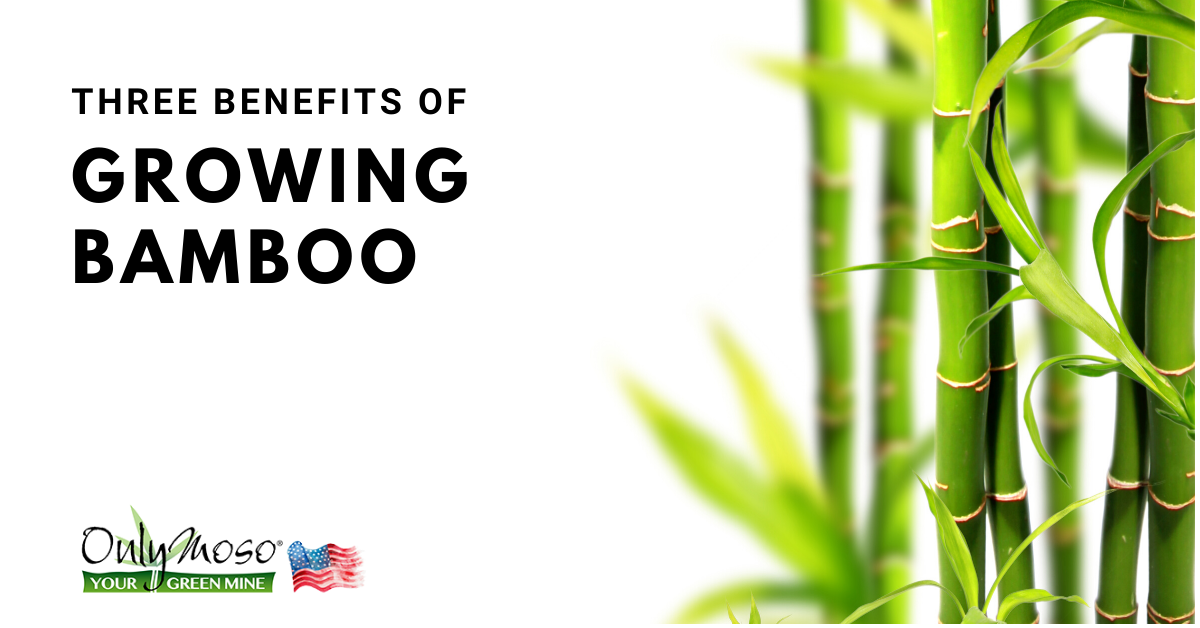Our featured bamboo farmer, Calvin Young, growing bamboo in Central Florida
This Commercial Bamboo Farm in Sebring, FL planted bamboo 60 days ago and is already getting great results!
These Commercial Bamboo Shoots were harvested in Florida and expected to be in a New York Fresh Vegetable market in 48 hours!
New Commercial Bamboo Farm in Georgia — where our farmer partners planted Phyllostachys Bamboo!
Our Commercial Bamboo Farmer-partners in Mississippi – planting Phyllostachys Bamboo!
Our commercial bamboo farming operation continues to grow at a rapid pace! We are harvesting crops and planting new ones — and have reached our 12th state to plant commercial bamboo in!
We are pleased with the first commercial bamboo harvest for 2020! Many more harvests coming!!!
What are the benefits of growing Bamboo? Here are THREE Big ones:

1. Environmental Benefits of Bamboo
Bamboo plantations offer an ethical environmental solution consisting of precious food, textiles and building material. Continuously falling bamboo leaves enrich the soil releasing vital rich compost, thus creating the ideal conditions for plant life to prosper. Landfills could be brought back to their original cultivation offering generous profits and materials.
One acre of Moso bamboo forest can store over 74,000 liters of water in its culms through the rainy season which gradually gets deposited back into the soil during dry season.
The extensive root system keeps soil compact, preventing erosion caused by water, and improves its quality. It grows naturally without the use of harsh chemicals/pesticides or machinery. It reduces greenhouse gases. In fact, the OnlyMoso giant bamboo absorbs 5 times more carbon dioxide and produces about thirty-five percent more oxygen than oxygen emitted by other types of trees. There are currently no GMO variants of the OnlyMoso giant bamboo.
2. Consumption of Bamboo
The shoots can be used for eating, and the wood of older canes can be treated and used as anything from landscaping to housing structures. Bamboo shoots are one of the very low-calorie vegetables. One hundred grams of fresh cane holds just 27 calories.
Bamboo heart is composed of moderate levels of soluble and non-soluble (NSP- non-starch carbohydrates) dietary fiber. 100 grams of fresh shoots provide 2.2 grams of roughage. Dietary fiber helps control constipation conditions, decrease bad (LDL) cholesterol levels by binding to it in the intestines.
Studies suggest that a high-fiber diet can help cut down colon-rectal cancer risk by protecting digestive organs from the toxic compounds in the food. Bamboo hearts are also rich in the B-complex group of vitamins such as thiamin, riboflavin, niacin, vitamin B-6 (pyridoxine), and pantothenic acid those are essential for optimum cellular enzymatic and metabolic functions.
3. Structural Benefits of Bamboo
OnlyMoso giant bamboo is a plant that grows rapidly- it can grow more than three feet per day- and can produce almost 20 times more wood, compare to the same number of traditional trees.
Bamboo can be used both as a structural scaffold and can also be used as a finishing material. Although it is a precious wood, it remains low in cost, due to the rapidity of its growth. Bamboo is used for both modern and traditional décor for parquet flooring, outdoor furniture, particleboard, textile fibers, and at the end of their life cycle for vegetable carbon.
Concerning the waste resulting from processing, every single fiber or sawdust of OnlyMoso giant bamboo is converted into pellets for heating or cooking because when it burns it does not produce smoke.
Recent Posts
Terms & Disclosures
OnlyMoso USA Corporate Office
1398 SW 160th Ave #206
Weston, FL 33326
(877) 340- 6755
(954) 530- 3385
[email protected]
Office Hours
Mon-Fri: 9:00-5:00
Sat - Sun: Closed
